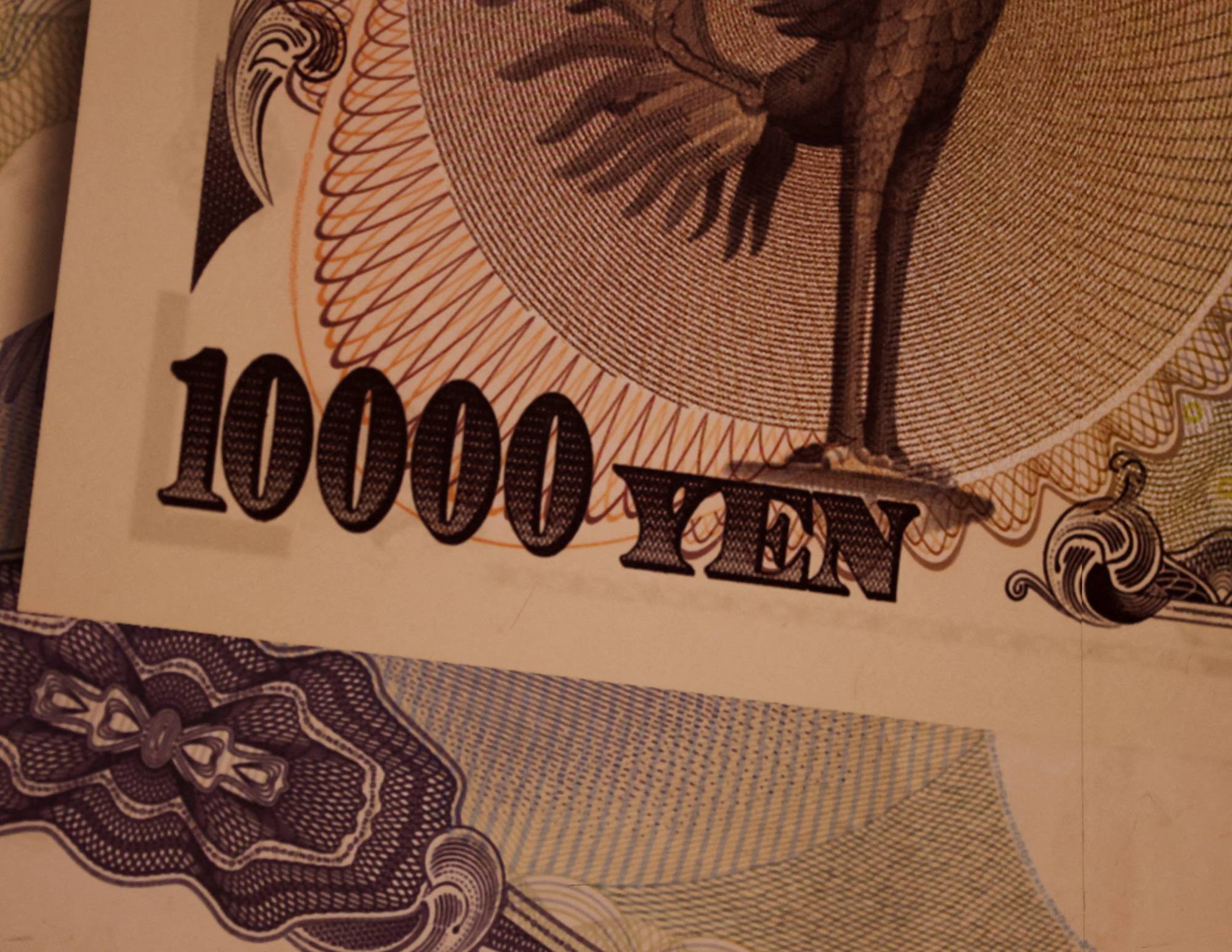Soon after the launch of his administration last year, Prime Minister Fumio Kishida had to back down from a pledge to ensure that the rich pay their fair share by, for example, raising the capital gains and dividends tax, as the prospect of such a move spooked market participants.
The idea of imposing higher taxes on the wealthy stems from the fact that the tax rate on overall earnings begins to decrease once an individual's income exceeds ¥100 million — otherwise known as “the ¥100 million barrier.” This is because gains from financial assets with tax rates lower than income taxes typically account for a high portion of the total income of the wealthy.
An effort to break that barrier has returned, however, as the government and ruling coalition are set to compile an annual tax reform package this week that is expected to include a higher tax plan for the wealthy. But it will come in a somewhat compromised form, targeting only those earning more than ¥3 billion.

















With your current subscription plan you can comment on stories. However, before writing your first comment, please create a display name in the Profile section of your subscriber account page.